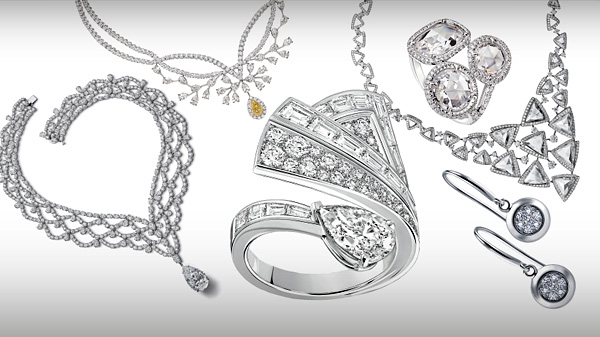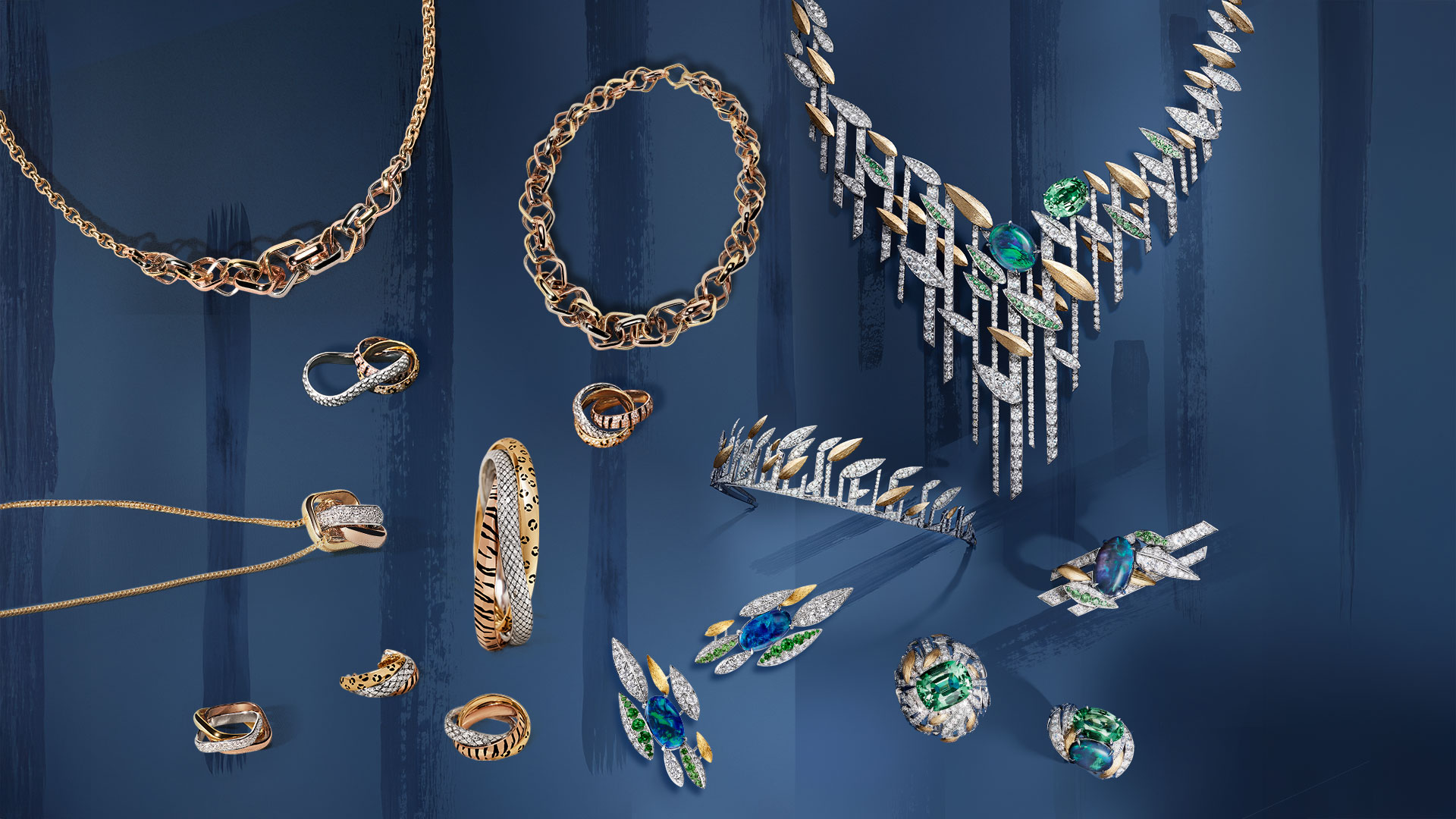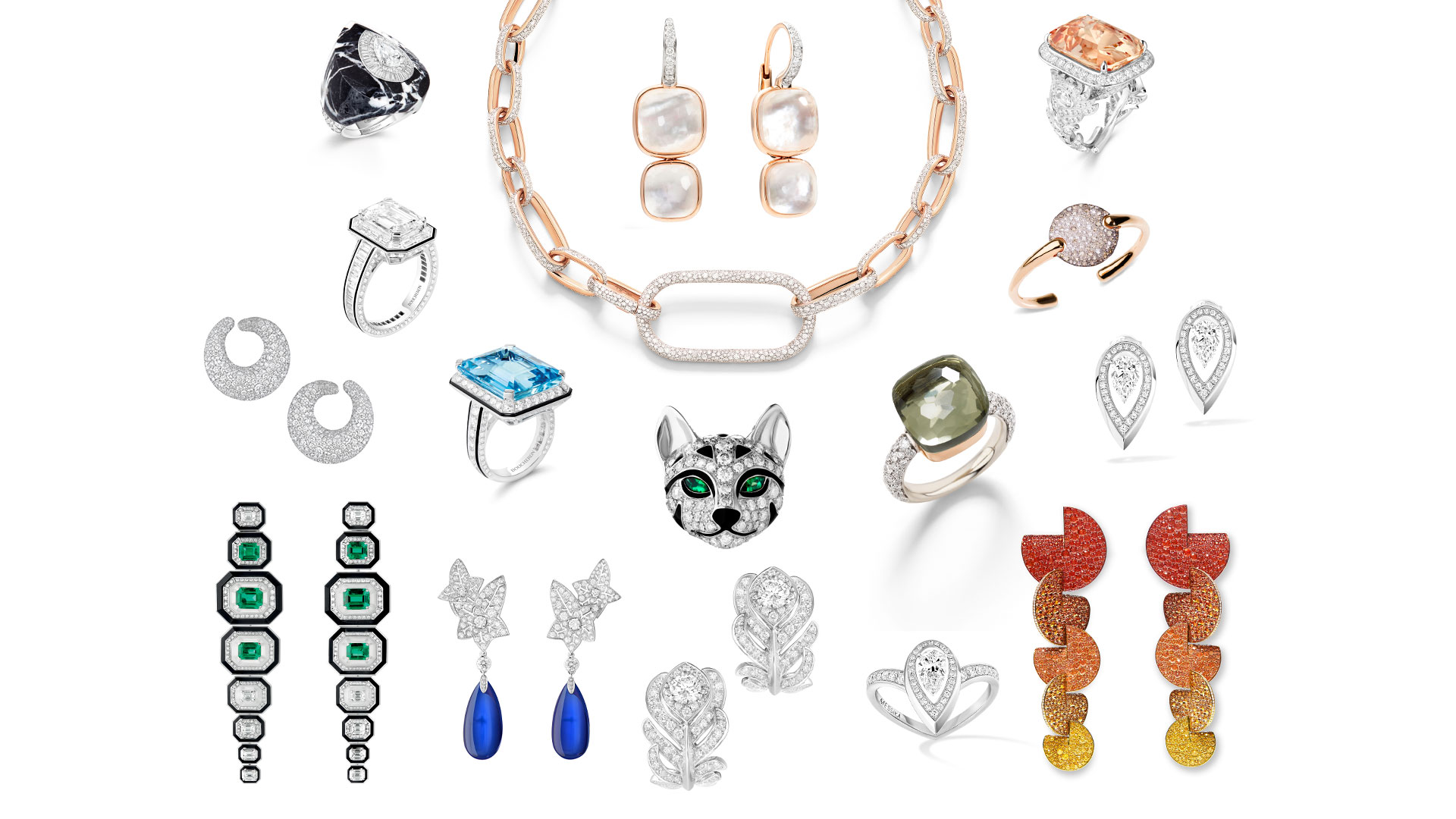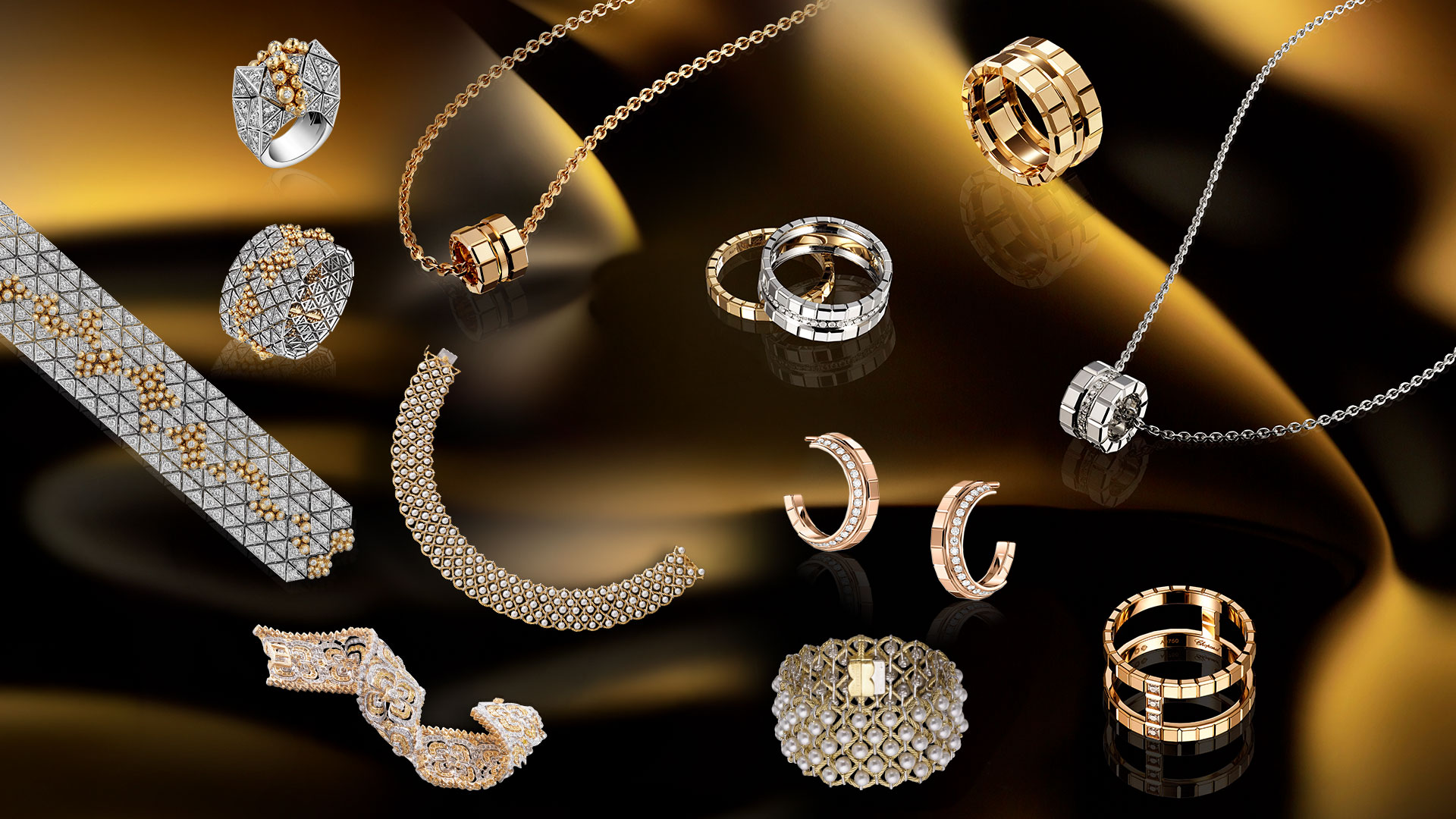
White gold jewellery: A white hue that may be right for you
Humanity’s love affair with gold predates the dawn of civilisation and stretches back to at least 4000 BC. Historically, it’s always been the pursuit of the shiny yellow incarnation of this most precious of metals that has set brother against brother, toppled dynasties and seen countless thousands perish in search of a promising seam.

In times more contemporary, however, it seems the metal’s natural lustre may have lost something of its allure. Increasingly, the world’s leading jewellery houses are opting for artfully-rendered alloys, an indulgence that has seen pink and, particularly, white gold become the mainstays of many marques’ latest collections.

The ever-wider use of white gold is down to two factors. Firstly, as an alloy made from fusing the relatively softer gold with palladium, a firmer metal, it is stronger than its constituent parts, yet very malleable. It is then coated with rhodium, which enhances both its shine and its strength, making it perfect for fashioning intricately-designed trinkets.

Secondly, for the uninitiated, white gold is visibly indistinguishable from platinum, a far rarer metal. This gives white gold jewellery the look and feel of items valued well above its actual price tag.

Despite such advantages, there is something of a downside. Over time – and as the rhodium coating begins to wear thin – yellow flecks begin to show through, visually degrading the appeal of any such jewellery pieces. Thankfully, however, a suitably skilled jeweller can reapply a layer of rhodium on them. This not only restores their lustre but also ensures they can be passed down from generation to generation as wholly unblemished heirlooms.

Text: Suchetana Mukhopadhyay







